Hundreds of people gathered on the Downs just north of Patcham to remember the war sacrifice of soldiers from undivided India.
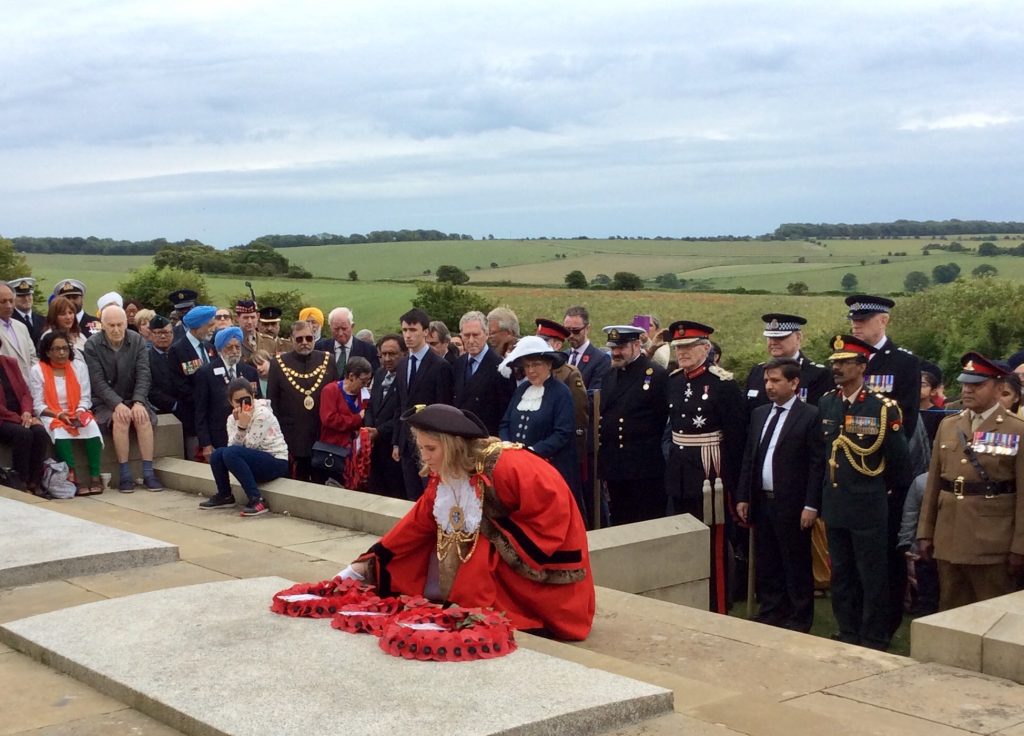
Those attending came to the service at the Chattri memorial from Brighton and Hove as well as from Crawley, London, Woking, Slough and elsewhere.
They included representatives of the armed forces and veterans associations, relatives of Indian soldiers, and senior figures from civic and political life.
The memorial was built on the site where Hindu and Sikh soldiers were cremated, having died in Brighton after being brought here injured on the battlefield during the First World War.
Davinder Dhillon, who has organised the memorial service for the past 20 years, said: “We remember the ultimate sacrifice made my men who fought in an alien land for a cause they knew little about.”
He said that this past week the 75th anniversary of the D-Day landings has been commemorated.
Mr Dhillon said: “In our prayers today we remember those who made that perilous journey. Today we enjoy the freedoms they fought for and ensured for us.”
The Indian Deputy High Commissioner in London, Charanjeet Singh, said that he was humbled and honoured to be at the Chattri to remember the soldiers’ sacrifice and the long wait endured by those back home.
He was grateful to all those who came to pay respects to their ancestors and spoke of their distinguished service so far from home.
Mr Singh said that gallant members of the Indian Expeditionary Force played a vital part in the conflict, with nine out of 71 Victoria Crosses awarded on the Western Front going to Indian soldiers.

The roll of honour, he said, was marked by the different ethnic groups, religions and languages that reflected the multicultural make up of India then and now.
The Lord Lieutenant of East Sussex, Peter Field, the Queen’s representative in the county, said that since the signing of the Magna Carta democracy had travelled the world and was held dear by many.
And there had been occasions when the people of the world had had to come together to defend it.
Mr Field said that those attending the annual service remembered the lives lost including those Indian soldiers who died in Brighton after being injured on the Western Front.
He said: “They sacrificed themselves to maintain freedom and democracy.”

Mr Field said that as the D-Day landings were taking place, Indian troops were fighting valiantly in different parts of the world as part of the Allied war effort.
“Once again we have undivided veterans with us,” he said. “Gentlemen, we salute you for what you have achieved for us.”
In Brighton and Hove, he said, we are proud of our multicultural community, our diversity and the harmony in which we live.
And he praised the Queen’s service to the Commonwealth and spoke of the value of the Commonwealth in bringing people together, giving voice to the voiceless and encouraging the spread of democracy.
It was an honour, he said, to be part of this traditional service to pay our respects to those who gave their lives so that we might live in freedom.

More than 50 Hindu and Sikh soldiers were brought to the site of the Chattri to be cremated while 19 Muslim solders – one just 17 years old – were taken for burial to Woking.
They had all been wounded soon after the outbreak of the war in 1914 while fighting on the Western Front.
The wounded soldiers were brought to Brighton and treated in three buildings which were turned into military hospitals – the Royal Pavilion, the Kitchener Hospital (Brighton General Hospital) and the York Place schools (now part of the Greater Brighton Metropolitan College).
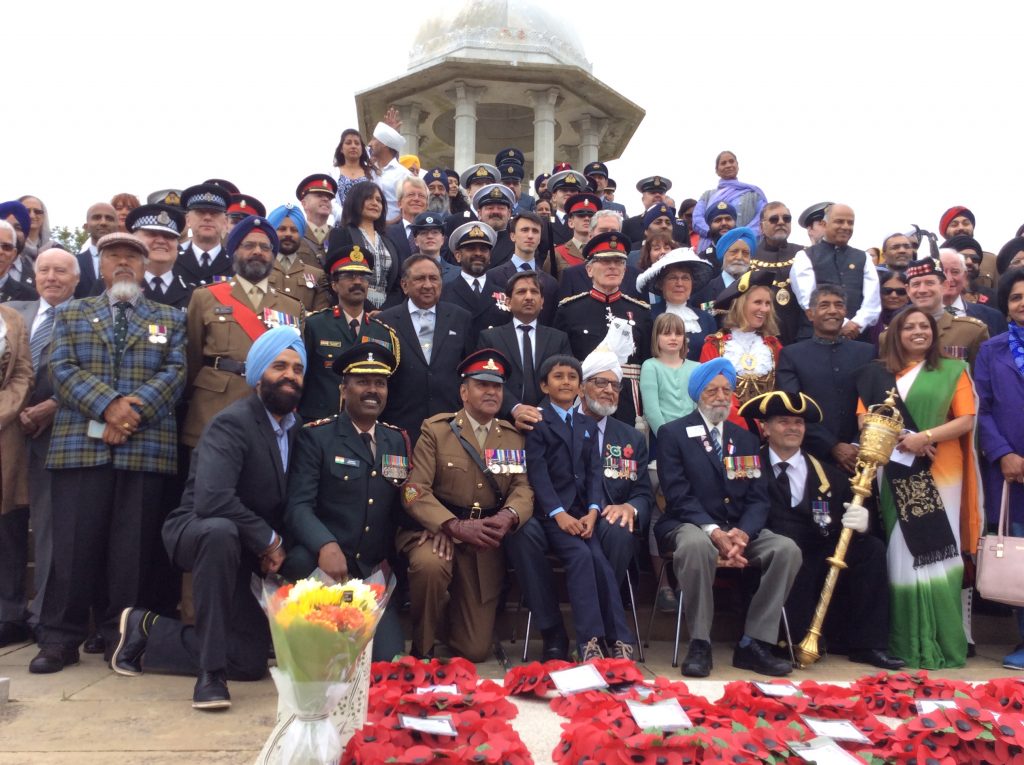
They were among about 12,000 troops who were brought to Brighton to recover from their wounds.
As a thank you for the town’s hospitality, the Indian Memorial Gate was gifted in 1921 – the same year as the first service at the Chattri memorial.



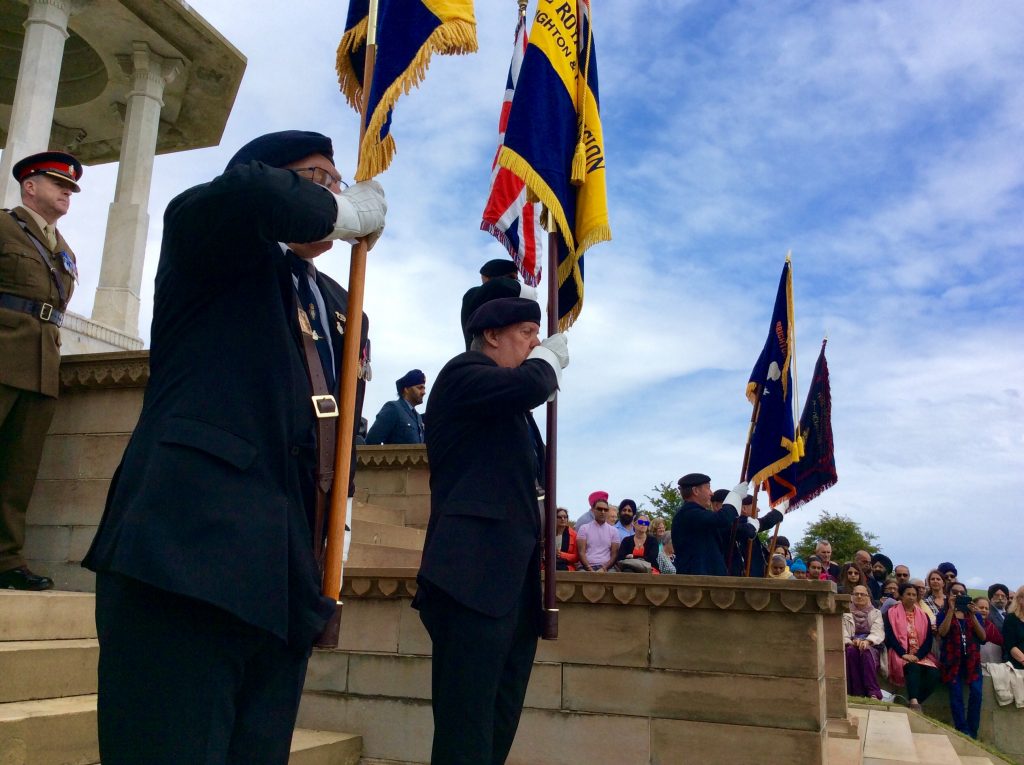








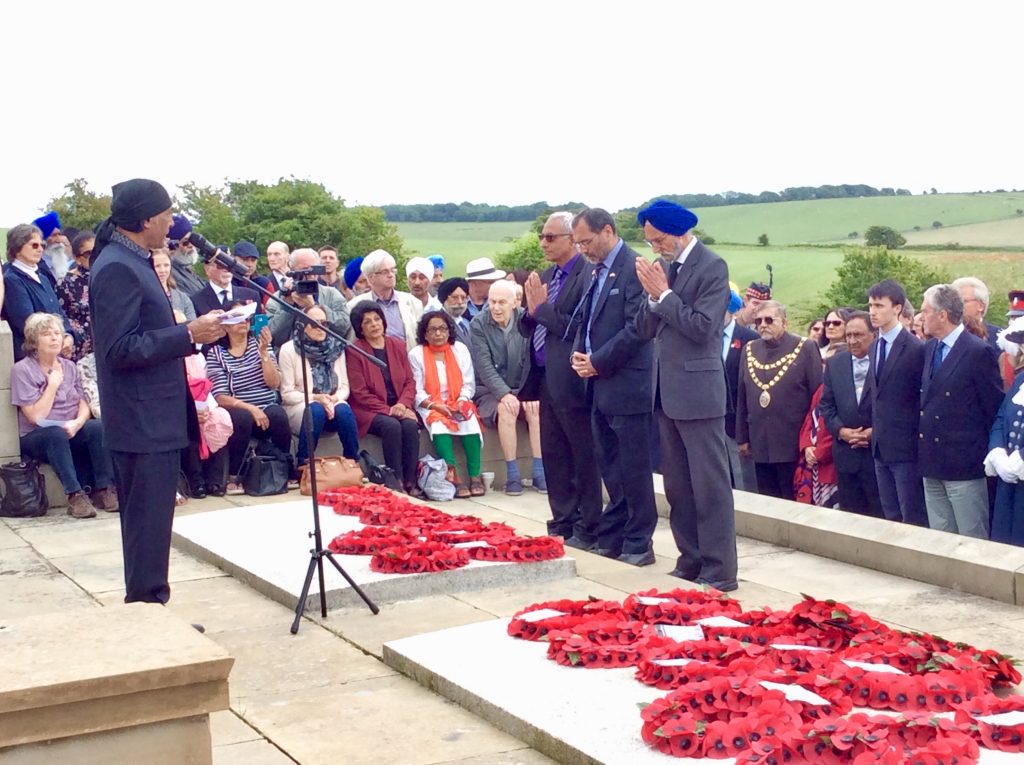
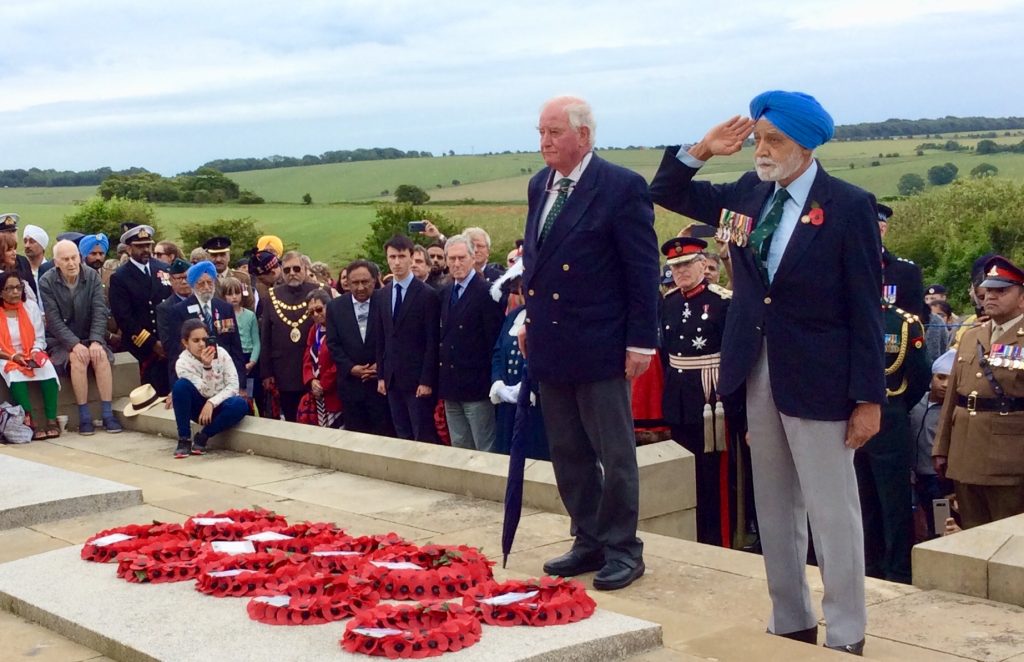
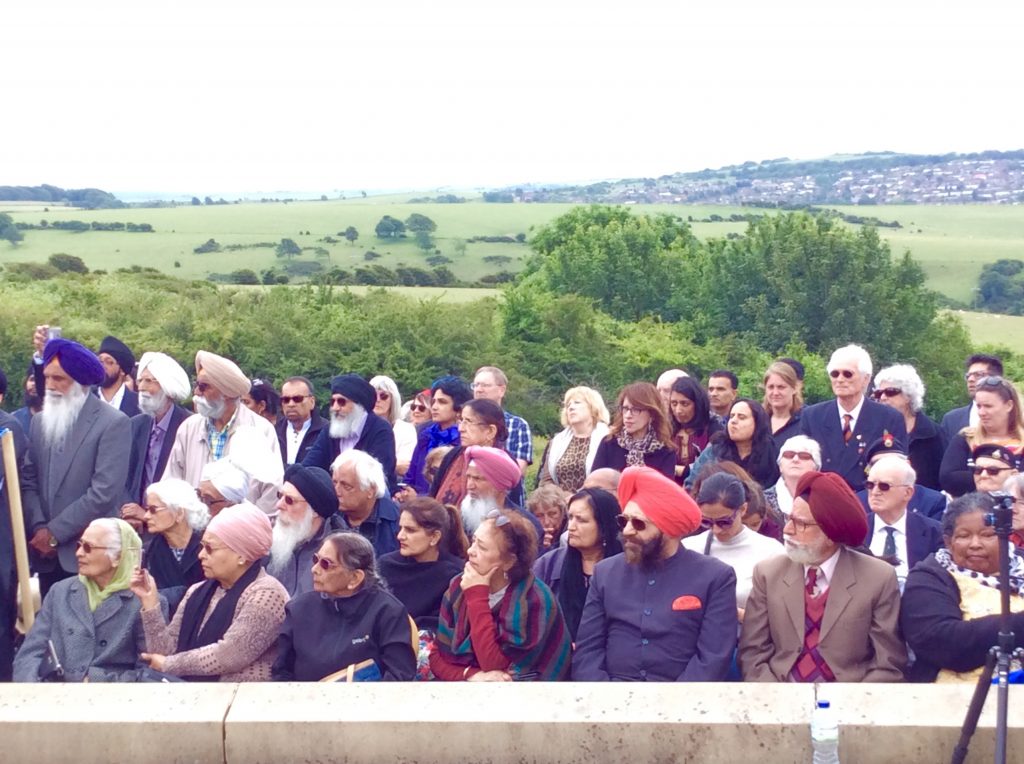

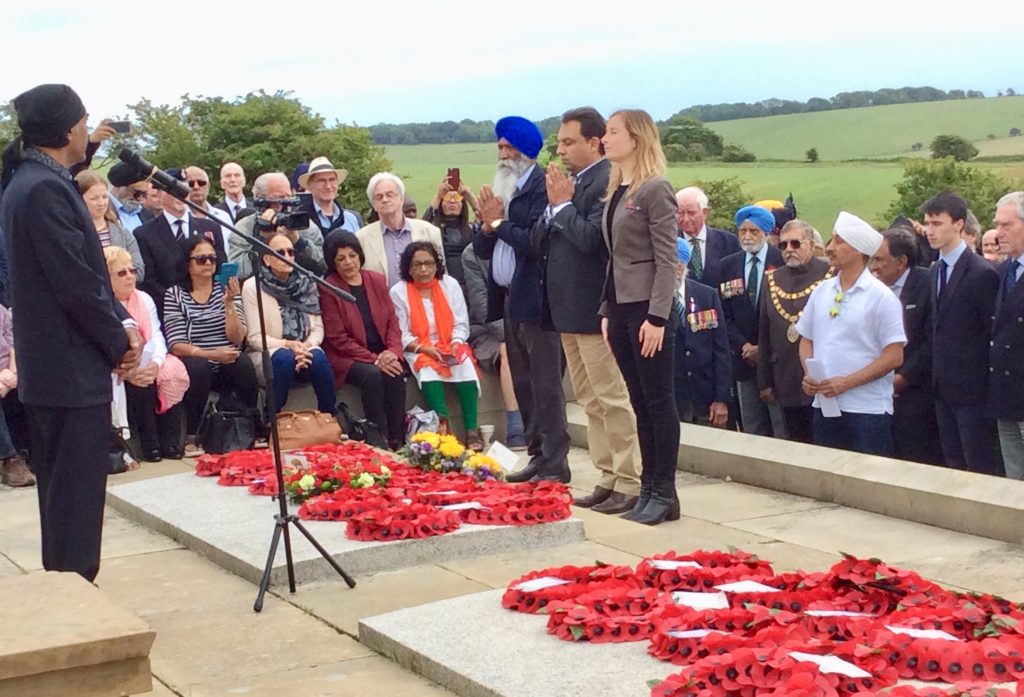
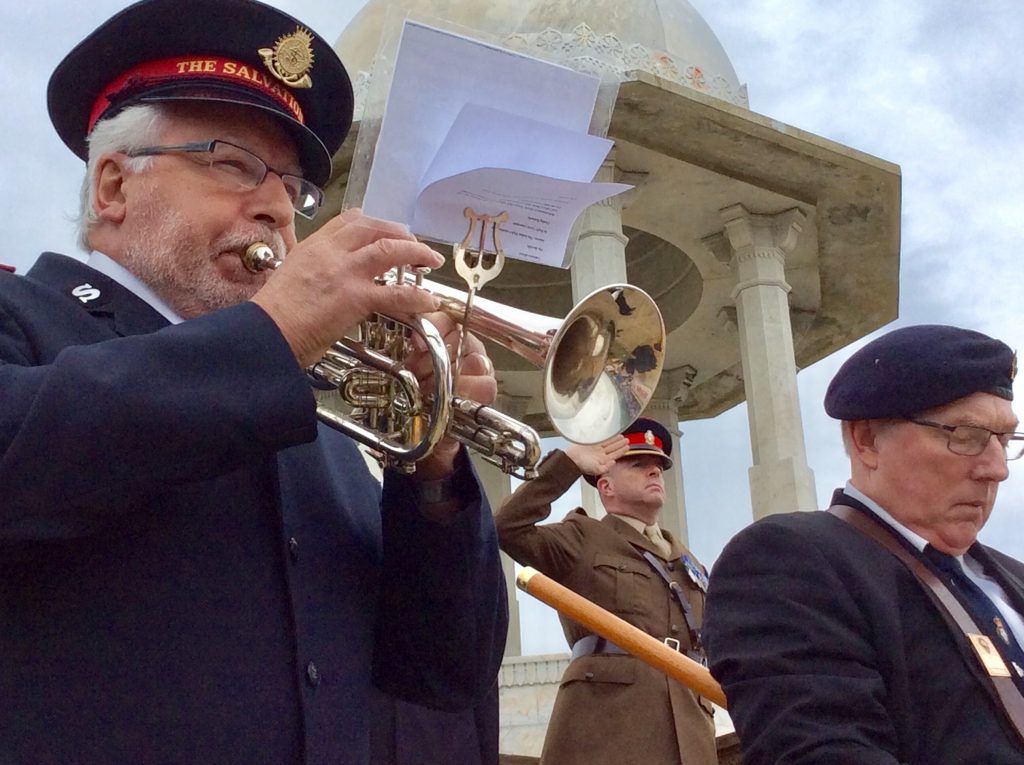
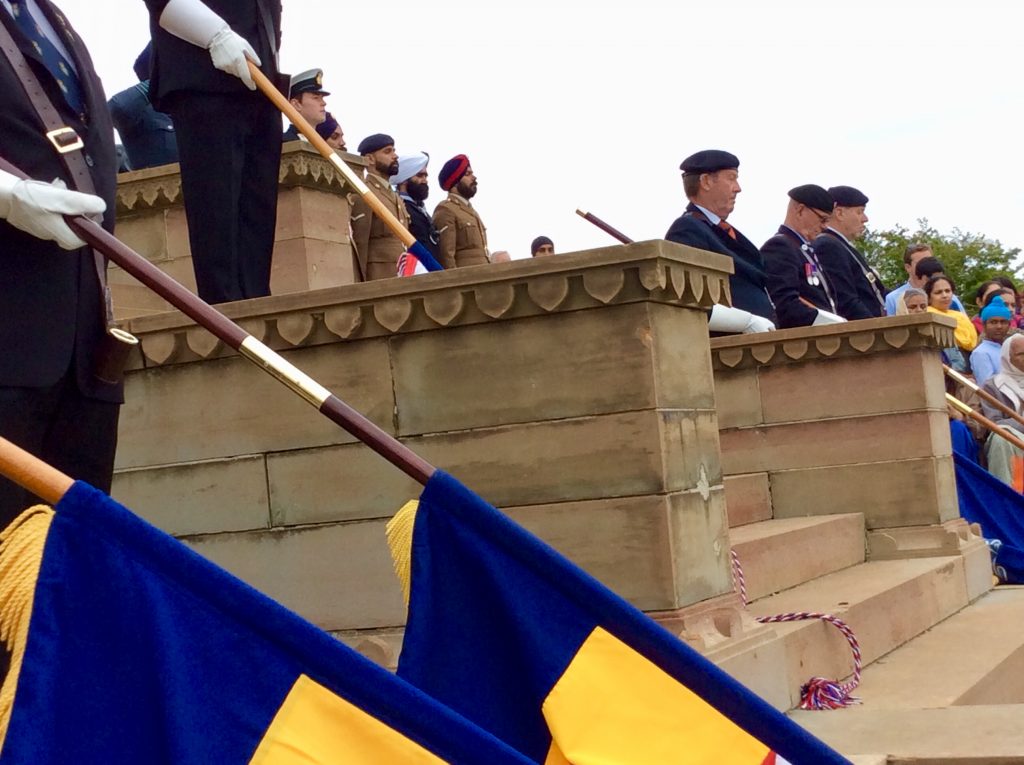
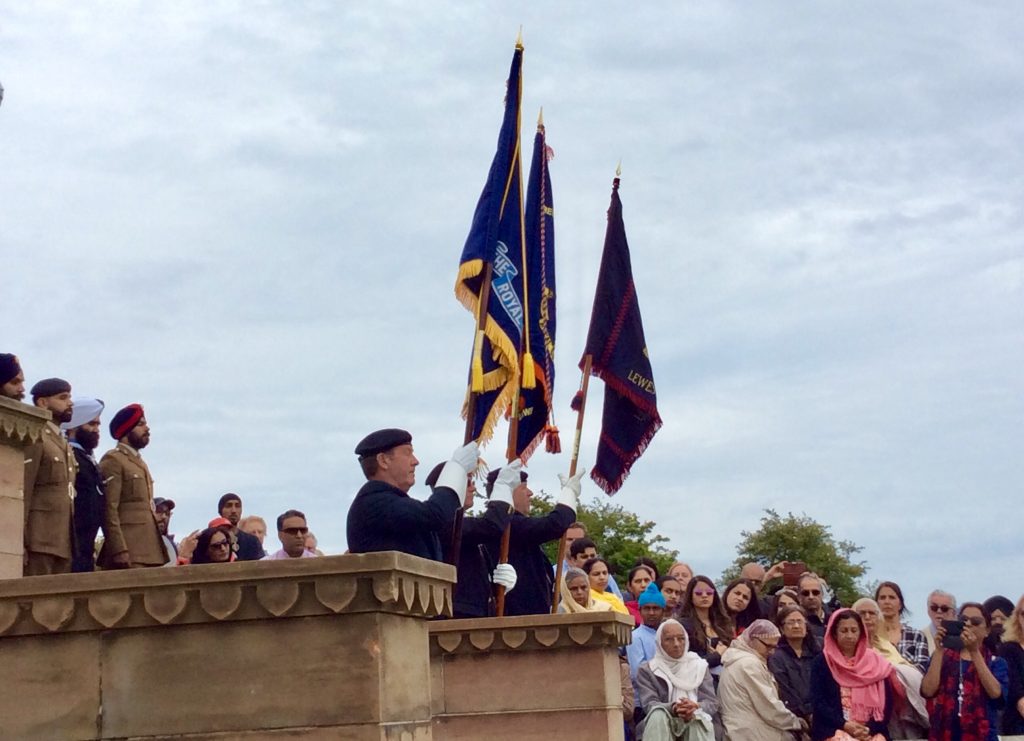
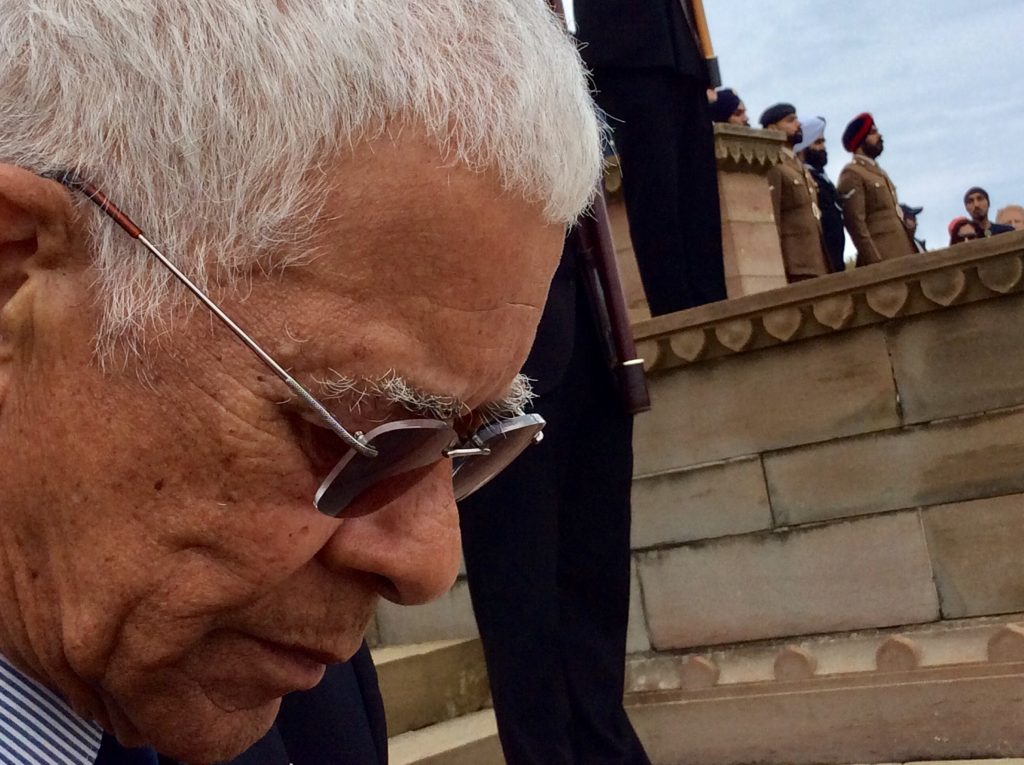








Just reading about their activities (the IEF), fascinating.
https://encyclopedia.1914-1918-online.net/article/indian_expeditionary_force